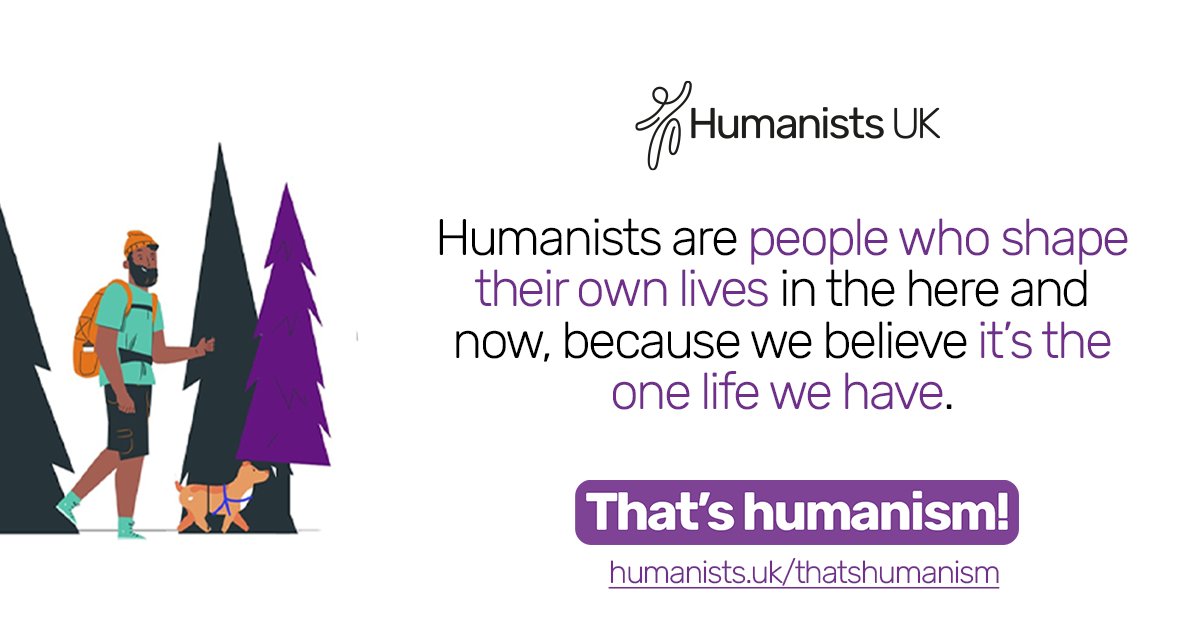
T.H. Huxley coined the term 'agnostic' to clarify that debating god’s existence was pointless. He's also famously known for saying he'd rather be descended from an ape than a bishop during a debate in 1860, a real 19th century mic drop moment, so to speak. heritage.humanists.uk/thomas-henry-h…
Huxley was born #OnThisDay in 1825 and was tireless & vociferous promoter of Darwin’s theory of evolution by natural selection, and became known as 'Darwin’s bulldog'. Most notably, he helped to create the new professional class of scientists in Britain... #HumanistHeritage
He promoted a modern approach to the purpose & rewards of science. He started a series of lectures for working men in 1855, established the scientific journal 'Nature' in 1869, & the 'Normal School of Science' in 1881, later becoming @imperialcollege #HumanistHeritage
His public lectures were a great hit. 1000s of people tried to attend the inaugural 'Sunday Evenings for the People' in St Martin’s Hall, London, in 1866. His audience reportedly delighted in being told that they were descended from apes, and on a Sunday! #HumanistHeritage
Huxley’s debates on evolution may be considered one of the most important developments for non-religious thought in Britain. Science had taken on religion, in public, & on the question of human origins. In the mid 19th century, this was profoundly radical. #HumanistHeritage
From his own humble origins, Huxley had grown to be a popular organiser of scientific education, the President of the Royal Society, & a leader of rationalism. He died in 1895 & was buried next to his son, Noel, in St. Marylebone Cemetery, Finchley, London. #HumanistHeritage
He was also the grandfather of famous 20th century humanist author Aldous Huxley! #HumanistHeritage 

• • •
Missing some Tweet in this thread? You can try to
force a refresh






